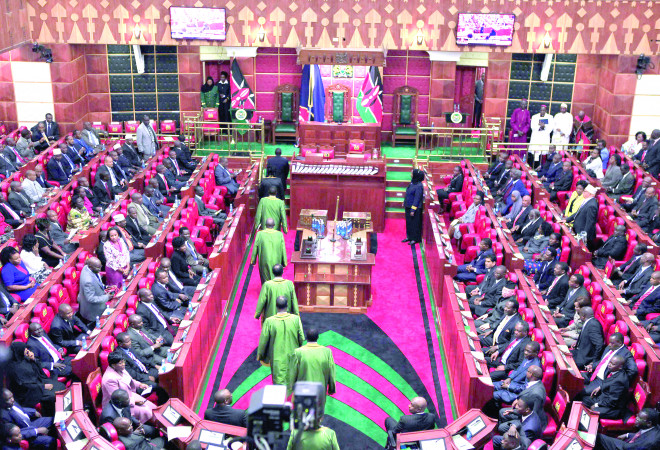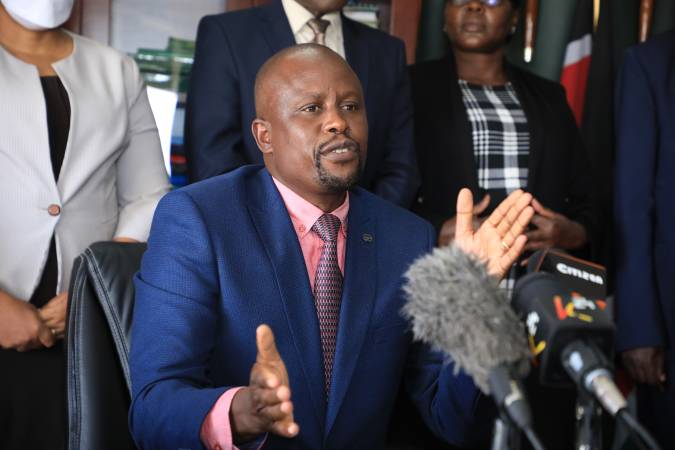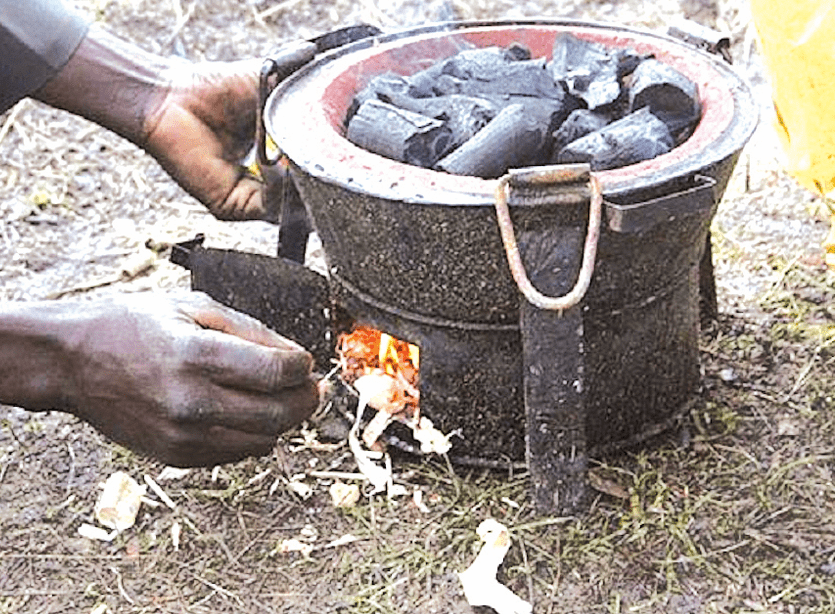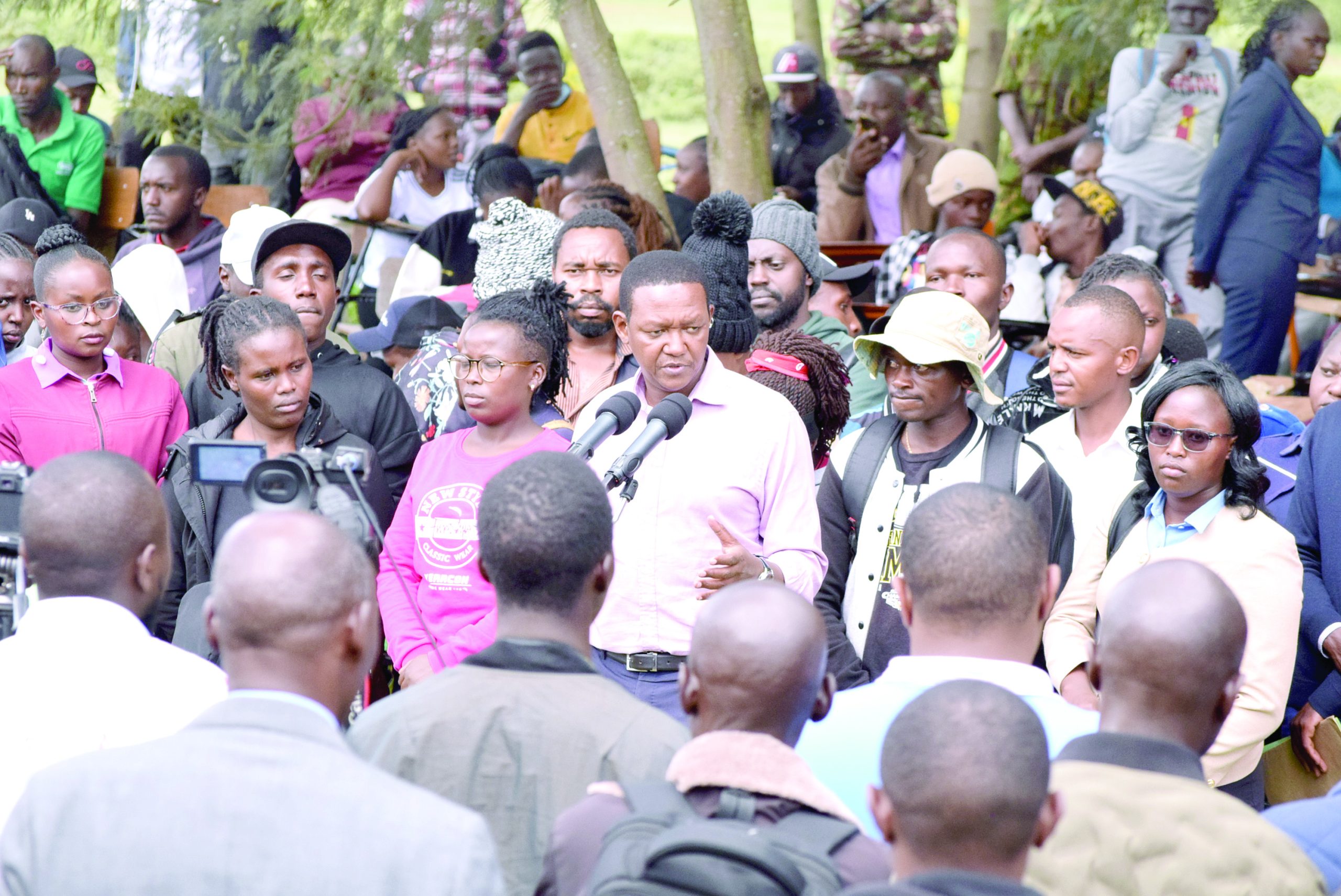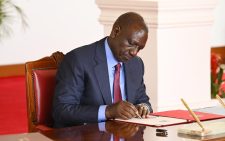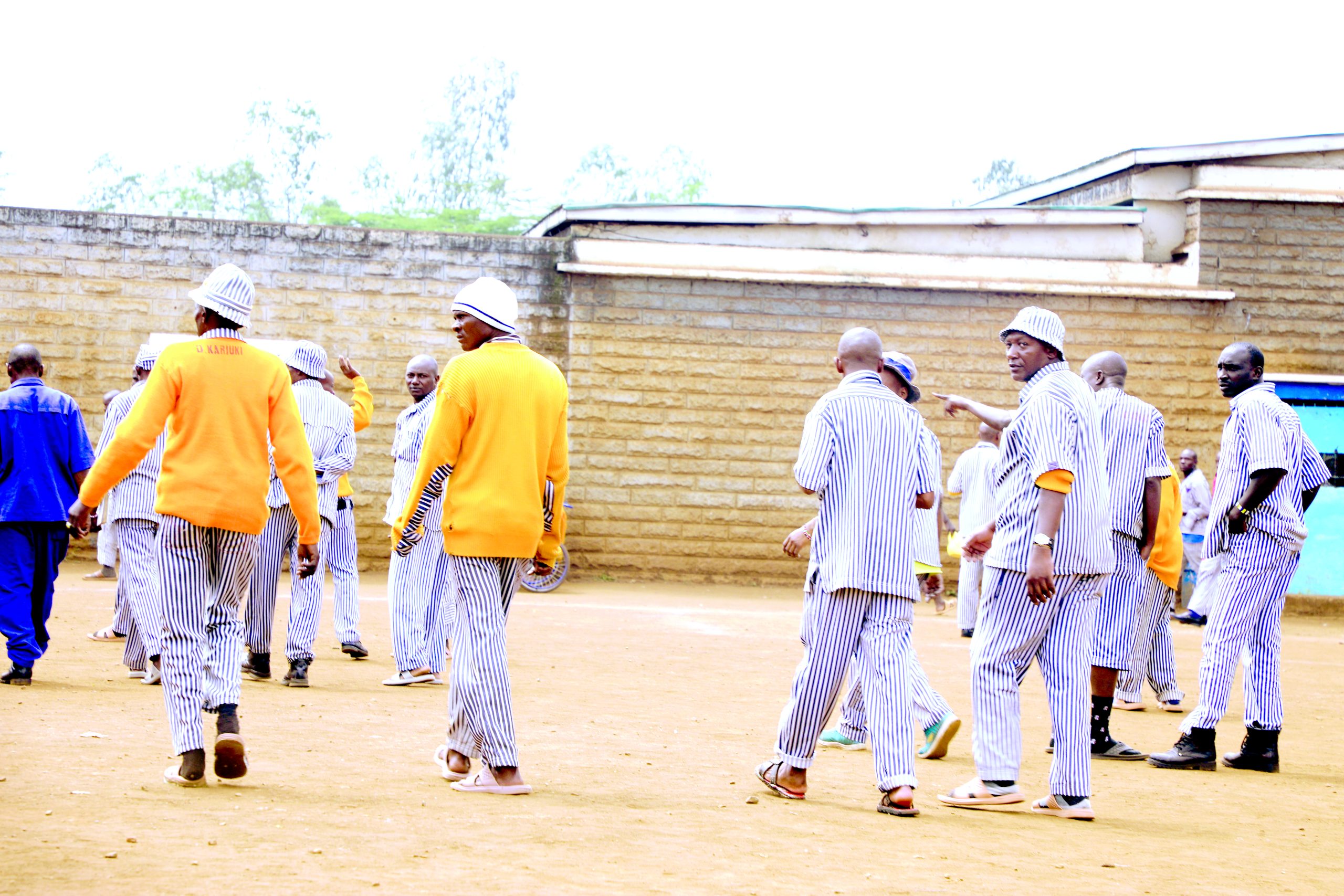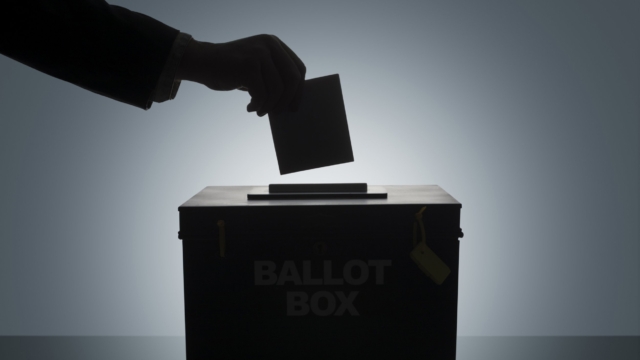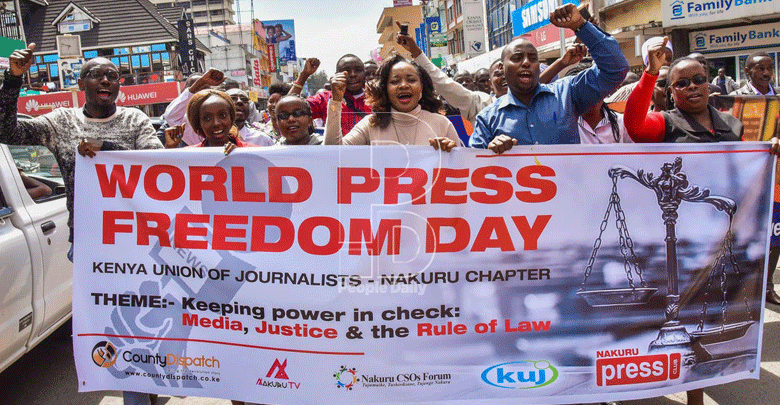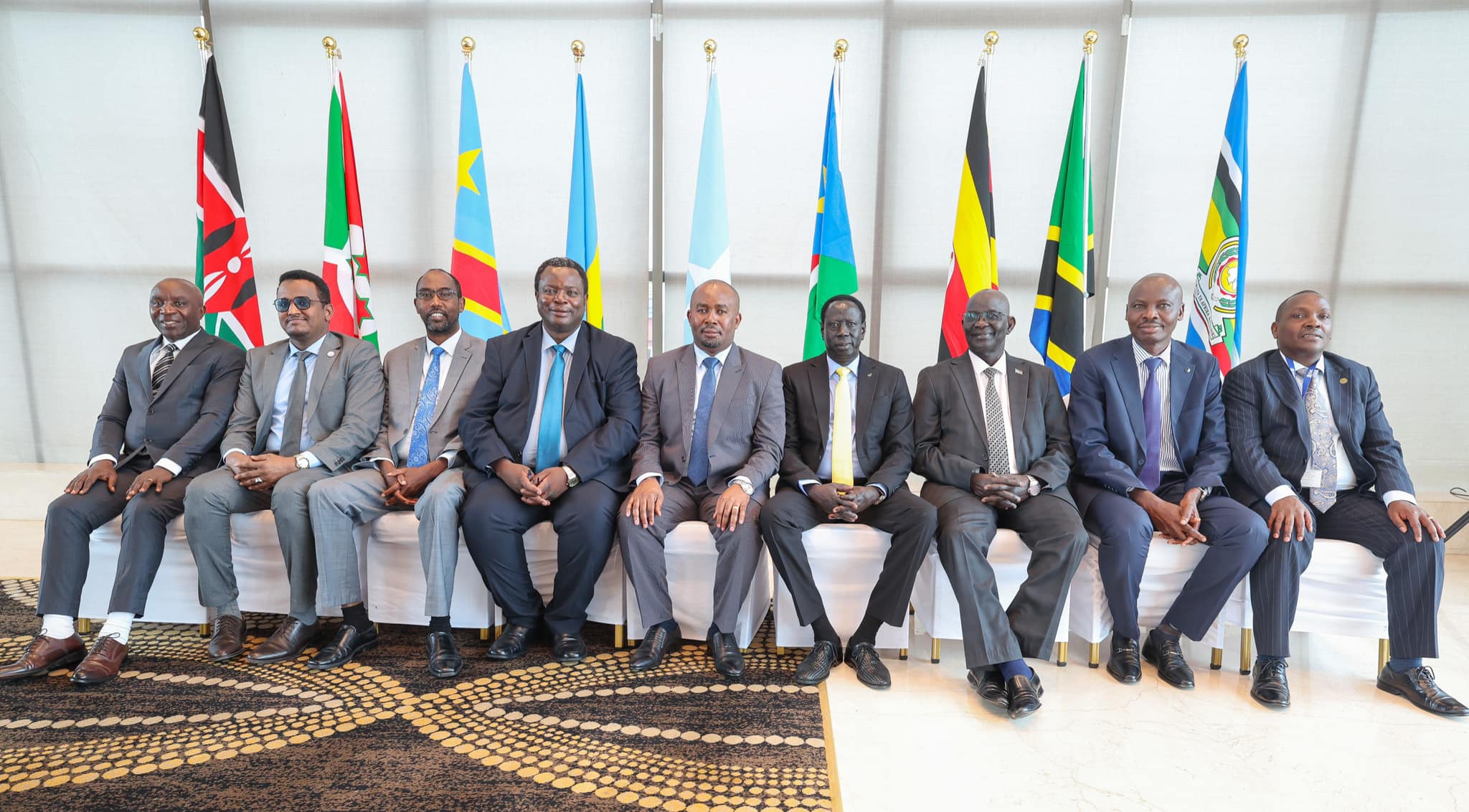Uhuru need not Big Four agenda to stamp legacy
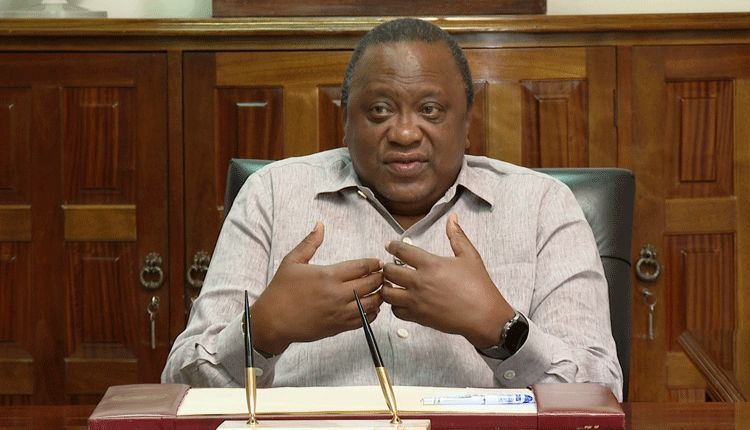
President Uhuru Kenyatta’s interview with senior editors this past week came without any warning.
The President left the capital for a tour of the United Kingdom, then returned to Mombasa, where the conversation has been about him meeting with Opposition leaders. Then came the interview.
Certainly, that interview was an initiative of his office. The President seemed to be setting an agenda or just putting stuff out there for the public to consider.
Listening to the interview, one wondered whether the President has really been understood.
Is the four-point agenda really his legacy? At the beginning of his second term, the President set out four areas that would define his legacy: food security, affordable health care, affordable housing and manufacturing.
But other things have emerged to crowd that agenda. Top on the list of course, is the battle with his deputy; which has now blown into full hostility. The Deputy President is emerging as the President’s most vicious critic.
It appears that the President is singularly pursuing some other agenda, besides the Big Four, with just as much gusto.
What seems to come through the interview, is the President’s determination to unite the country and avoid post-election violence, that has characterised this nation’s experiment with democracy.
Most Kenyans today would hardly remember the elections under the first President.
Then came the second President, where it was obvious that the odds were stacked against the Opposition and the division within the Opposition ranks did not help their cause.
When the Opposition came together in 2002, they vanquished the then ruling party, a feat from which that party is yet to recover.
The victory unleashed such optimism this country had not witnessed in a long time.
After than the slippery slope to post election violence set in. The year 2007, will probably remain cast in infamy for all the bloodshed, the displacement of people, the refugees that sneaked across the borderthe impact on the economy and the bad blood that to some extent still exists in the country among its various communities.
Who knows what goes through the President’s mind but may be, the national optimism of 2002 left an impact on him and possibly a wish of the kind of country that Kenya should be.
But that is not what the subsequent two elections produced. The last election was so fiercely contested that the outcome led to talk of near dismembering of the country.
The determination in the President’s tone to unite the country, under whatever leadership seems genuine.
Given the recent history, that would be an achievement, and if it is maintained through the years to come, then certainly his legacy.
But the President has been on other missions as well. The infrastructural development in the country, will easily surprise historians when the records are eventually written.
The construction of the Nairobi Road overpass is messy now and a source of stress for Nairobians.
But itwill be a different stor, 10 months down the line when it will be commissioned.
The same can be said of the infrastructural development taking place in Mombasa and the soon to be launched Rironi to Mau Summit Road construction.
Those who care to note, can record other areas where Uhuru’s administration is leaving a mark.
The recent ruling by the courts, may appear routine. Yet go back to our history and consider when, if at all, the courts would return judgments that would surprise the Executive.
First, the Supreme Court annulled the 2017 presidential election and the bitterness in the President’s tone was discernable.
But since then, the independence of the various arms of government is becoming clear, more than in any administration prior to this one.
Uhuru is already leaving a legacy whatever happens to the four-point agenda.
What is not certain is whether Kenyans get it for now. But like the hymn writer said, we will understand it all by and by. —The writer is Dean, School of Communication, Daystar University
